David Allen
Leveraging Large Language Models in Conversational Recommender Systems
May 16, 2023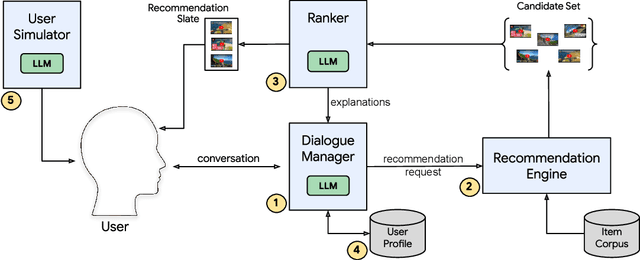
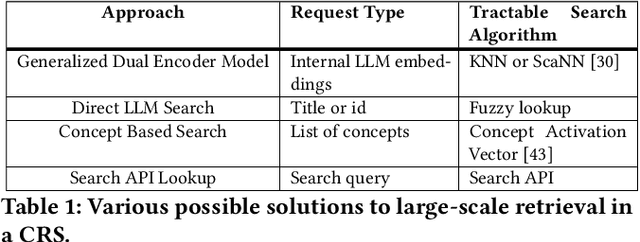


Abstract:A Conversational Recommender System (CRS) offers increased transparency and control to users by enabling them to engage with the system through a real-time multi-turn dialogue. Recently, Large Language Models (LLMs) have exhibited an unprecedented ability to converse naturally and incorporate world knowledge and common-sense reasoning into language understanding, unlocking the potential of this paradigm. However, effectively leveraging LLMs within a CRS introduces new technical challenges, including properly understanding and controlling a complex conversation and retrieving from external sources of information. These issues are exacerbated by a large, evolving item corpus and a lack of conversational data for training. In this paper, we provide a roadmap for building an end-to-end large-scale CRS using LLMs. In particular, we propose new implementations for user preference understanding, flexible dialogue management and explainable recommendations as part of an integrated architecture powered by LLMs. For improved personalization, we describe how an LLM can consume interpretable natural language user profiles and use them to modulate session-level context. To overcome conversational data limitations in the absence of an existing production CRS, we propose techniques for building a controllable LLM-based user simulator to generate synthetic conversations. As a proof of concept we introduce RecLLM, a large-scale CRS for YouTube videos built on LaMDA, and demonstrate its fluency and diverse functionality through some illustrative example conversations.
New Advances in Inference by Recursive Conditioning
Oct 19, 2012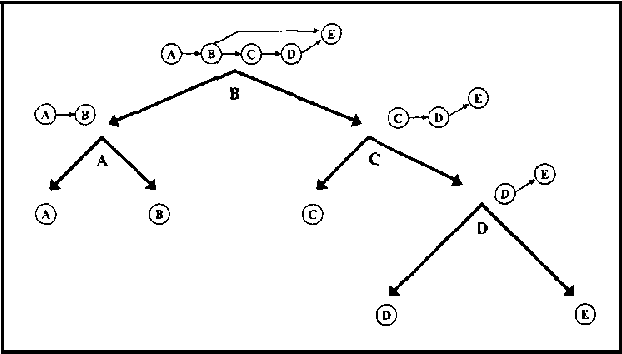

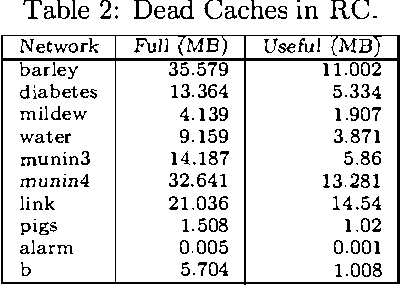
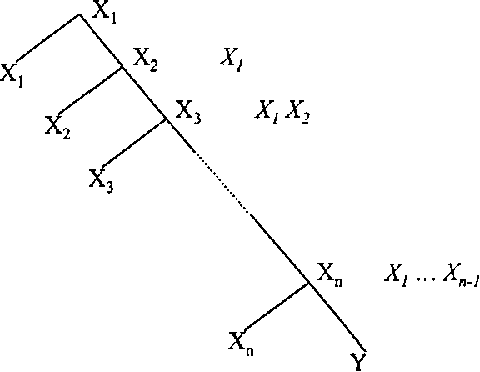
Abstract:Recursive Conditioning (RC) was introduced recently as the first any-space algorithm for inference in Bayesian networks which can trade time for space by varying the size of its cache at the increment needed to store a floating point number. Under full caching, RC has an asymptotic time and space complexity which is comparable to mainstream algorithms based on variable elimination and clustering (exponential in the network treewidth and linear in its size). We show two main results about RC in this paper. First, we show that its actual space requirements under full caching are much more modest than those needed by mainstream methods and study the implications of this finding. Second, we show that RC can effectively deal with determinism in Bayesian networks by employing standard logical techniques, such as unit resolution, allowing a significant reduction in its time requirements in certain cases. We illustrate our results using a number of benchmark networks, including the very challenging ones that arise in genetic linkage analysis.
Exploiting Evidence in Probabilistic Inference
Jul 04, 2012

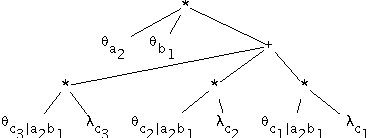

Abstract:We define the notion of compiling a Bayesian network with evidence and provide a specific approach for evidence-based compilation, which makes use of logical processing. The approach is practical and advantageous in a number of application areas-including maximum likelihood estimation, sensitivity analysis, and MAP computations-and we provide specific empirical results in the domain of genetic linkage analysis. We also show that the approach is applicable for networks that do not contain determinism, and show that it empirically subsumes the performance of the quickscore algorithm when applied to noisy-or networks.
 Add to Chrome
Add to Chrome Add to Firefox
Add to Firefox Add to Edge
Add to Edge